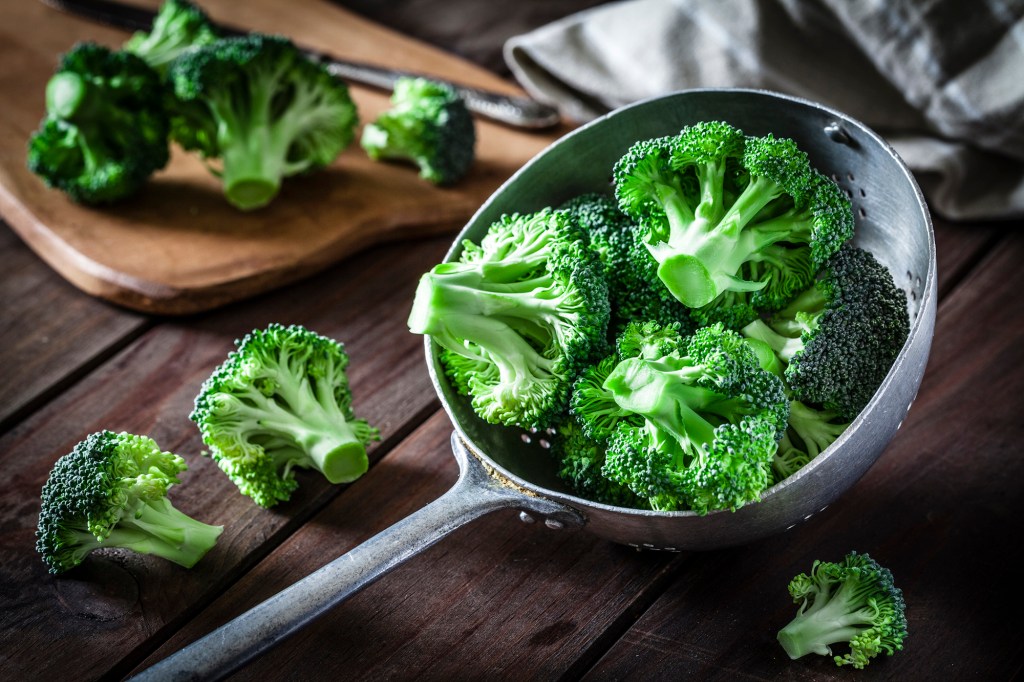Broccoli haters now have an even better excuse to avoid greens: Survival.
Experts say that being repulsed by certain foods — mushrooms, tomatoes and certain vegetables, for example — are actually part of a “survival mechanism,” according to psychologist Dr. Jennifer Carter.
“If we eat something and feel sick and/or vomit, it could be harmful to us, so we don’t want to eat it again,” Carter, an associate professor at the Ohio State University, told Yahoo News.
Certain conditions, pregnancy, sensory issues or even genetics — think: predisposition to cilantro’s soap-like taste — also play a role.
Food aversion not necessarily a cause for concern if it doesn’t impact quality of life, experts say, unless it negatively affects mental or physical health.
“There are some developmental components to food aversions,” said clinical psychologist Dr. Rebecca Boswell. “Picky or selective eating is more common in children as they learn about which foods are safe and unsafe to eat.”

While some kids will grow out of selective eating, there could be something psychological happening beneath the surface, such as ARFID, or avoidant restrictive food intake disorder, which is not triggered by a fear of weight gain but rather of certain foods.
Similar to anorexia, ARFID involves excessive restriction that could lead to malnutrition and dramatic weight loss, however, it is not linked to physical appearance.
“People with ARFID do not experience concerns about body size or shape — fear of weight gain — as in other eating disorders, but do experience the same negative medical and psychological consequences of malnutrition,” said dietitian and author Jessica Cording.
Eating a nutrient-dense diet is vital for maintaining optimal health, and the dietary guidelines from the US Department of Agriculture and Health and Human Services recommend 1.5 to 2 cups of fruit and 2 to 3 cups of veggies per day.
Alarmingly, an estimated half of children in the US don’t eat a single vegetable daily, according to findings from the Centers for Disease Control and Prevention published earlier this year.
But no need to panic if you just despise mushrooms — not all picky eaters have eating disorders, she said. As long as there are no nutritional gaps nor anxiety associated with eating, you’re likely in the clear to avoid certain foods, like broccoli, for the rest of your life.

“If the food aversion is related to distress, such as significant anxiety, and interferes with functioning, then it could be a symptom of an eating disorder,” Cording explained.
Such eating disorders, though, are treatable with the help of experts, such as a dietician, who can slowly integrate a variety of foods into the diet.
Previous research into picky eating suggested that food aversion could have lasting effects into adulthood, with one study, published last month, claiming that formerly food-averse people ate less healthily as adults.
